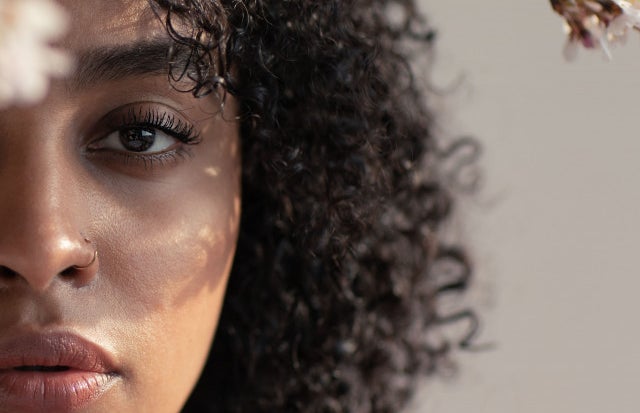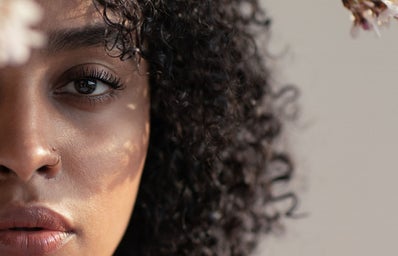“Tie your hair up, it looks so messy,” says the mother.
“You need to oil your hair more, that will make it flatter,” says the school teacher.
“Ma’am, should I give you a Keratin treatment along with your hair dye? That will make your hair straight, you know curly hair doesn’t look good right,” says the damned hairdresser.
The fact that women have been questioned at every choice they make is not news, but some of this questioning is truly irksome. Growing up, I was continuously pestered about the way my hair looks. By my family, my teachers, my classmates, and every third person who thought of themselves as a haircare expert. Always under the guise of concern was this underlying question: “Why don’t you do something to tame your hair?” I, for one, know I was not the only one listening to these statements as a kid, many women have had it worse.
Being policed over the smallest of things is an issue almost every woman faces throughout her life. But when this policing reaches the niches of our lives that affect nobody, it becomes truly exasperating. This disapproval towards non-straight hair seems to stem from the Eurocentric beauty standards that are somehow imposed on the world. While this might be diluting gradually in our generation, the older members of our society are still pretty bent on the whole thing.
When things as harmless as a hair type start getting unwarranted hate, what you get is twelve-year-olds attempting to straighten their hair with a flat iron. All their lives they’ve been led to believe that having straight hair is something that makes you beautiful. What you get is girls with their hair pulled back in buns so tight that not a single stray stand betrays the updo.
These little girls grow up, they see the world, they understand how it works. They figure out how they’ve spent years hating something so trivial yet so fundamental about themselves, they unlearn old patterns. Their self-esteem starts rising again, and they learn to love themselves as they are: no more and no less. But there shouldn’t have been anything to unlearn in the first place.
One might say that the problem I mention is very ‘first world’ and pointless. Though, I believe that little girls should not grow up hating a part of themselves simply because they were taught (and told) to do so. If we get started about the racist connotations of this whole thing, this article would turn into a dissertation, but we won’t go there. Not yet.
Preaching self-love is important. It is something that helps you heal your inner wounds and be better in life. Next time, make sure your definition of ‘self-love’ is inclusive. If you are reading this article, you probably don’t need me telling you this, because you know it well enough. But if you see a younger sibling or cousin being mocked over their hair, tell them they look good. Say a kind word to them; their gratitude would be vast and future self-confidence issues minimal.


